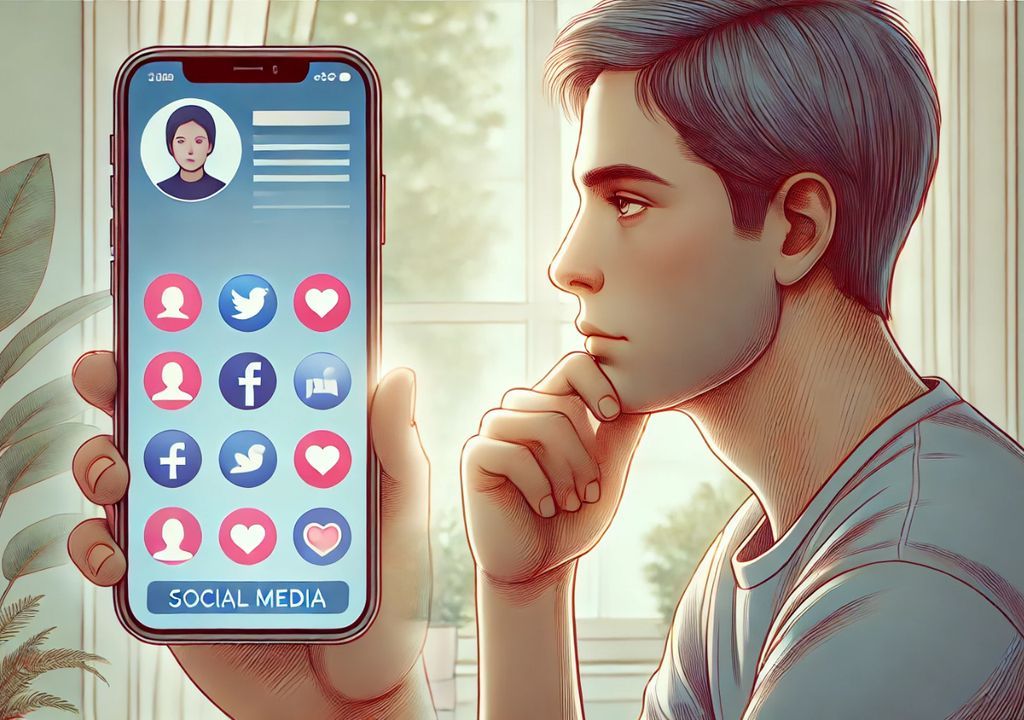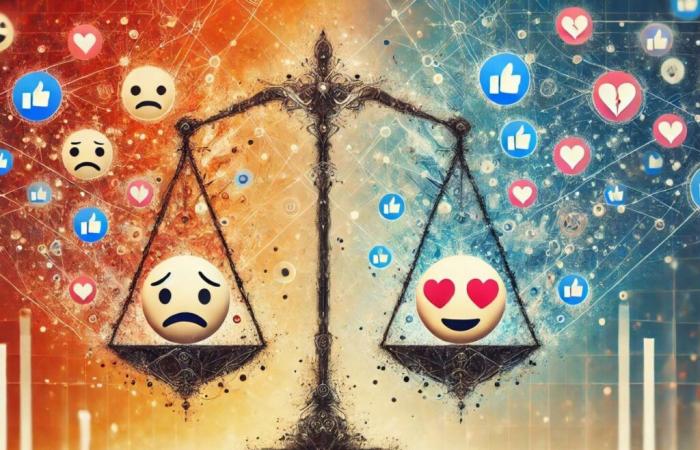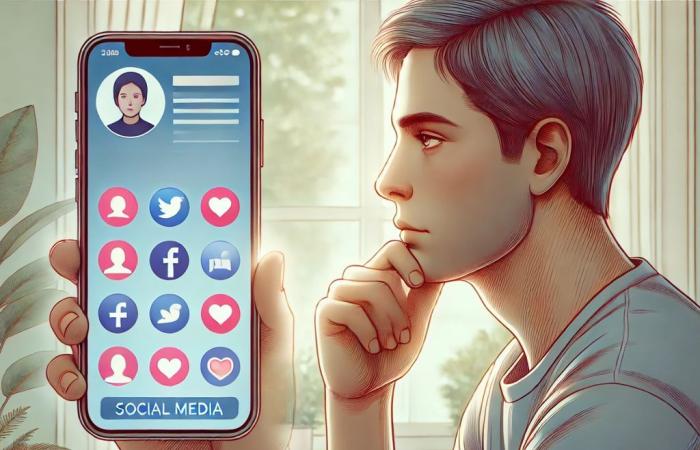Doom-scrolling and all the other negative effects that come with regular social media use, like comparing yourself to others, FOMO (forgetting phobia), or simply feeling overwhelmed by constant updates, are habits that many people have taken in recent years.
Experts have suggested that going offline for a set amount of time – also known as a digital detox – or even going offline permanently are the best ways to deal with these issues. But new research from the University of British Columbia might suggest otherwise.
According to the university’s latest study, there might be a middle ground, and it all depends on how we use these platforms, not just how much time we spend on them.
Led by Dr. Amori Mikami, research examined whether stepping away from social media or learning to use it more thoughtfully could improve mental health. She examined how young adults can reduce symptoms of anxiety, depression and loneliness through smarter strategies for interacting online.
“There’s a lot of talk about the harmful effects of social media,” explains Dr. Mikami, “but our team wanted to see if that was really the case or if the way people interact with social media could make a difference. »
Lean in, don’t disconnect
The study followed 393 young Canadian adults who had all reported mental health issues related to social media. For six weeks, participants were divided into three groups : some continued their habits, others abandoned social media altogether, and the rest learned techniques to use it more intentionally.
Those who gave up social media saw their anxiety and depression levels improve significantly, but still felt alone. The group that learned to use social media more intentionally (e.g. by muting accounts that sparked negative feelings or focusing on meaningful relationships) did not reduce their use as much as abstainers, but did. felt less alone and even reported less FOMO.
Unsurprisingly, the group that kept their habits saw no improvement in their mental health. Dr. Mikami explains the trade-off: “Quitting social media could reduce some of the pressures young adults feel when presenting a polished image of themselves online,” he said.
” More Quitting social media could also deprive young adults of social connections with friends and familywhich would lead to a feeling of isolation. »

According to the findings of the study, the key is balance. For many people, especially young adults, it’s not realistic to give up social media completely. Platforms like Instagram or TikTok are not just for entertainment: they allow us to stay in touch with our loved ones.
“Social media is here to stay,” added Dr. Mikami. ” And for many people, quitting is not a realistic option. But with the right advice, young adults can curate a more positive experience, using social media to support their mental health instead of harming it. »
At any rate, Study findings offer hope to those of us who feel overwhelmed through social networks but who cannot or do not want to stop.
News reference: Article: “Disconnect or connect? Social Media Strategies to Improve Well-Being”, Journal of Experimental Psychology: General








